Equinor and RWE to develop hydrogen-fired power plants in Germany, Norway-to-Germany hydrogen pipeline
Green Car Congress
JANUARY 6, 2023
The partners aim to replace coal-fired power plants with hydrogen-ready gas-fired power plants in Germany, and to build production of low carbon and renewable hydrogen in Norway that will be exported through pipeline to Germany. Blue hydrogen in large quantities can make a start, with subsequent conversion into green hydrogen supply.

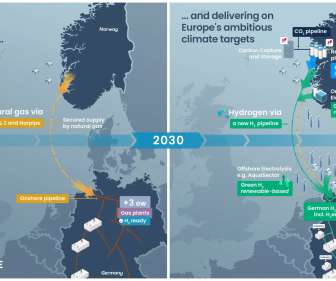
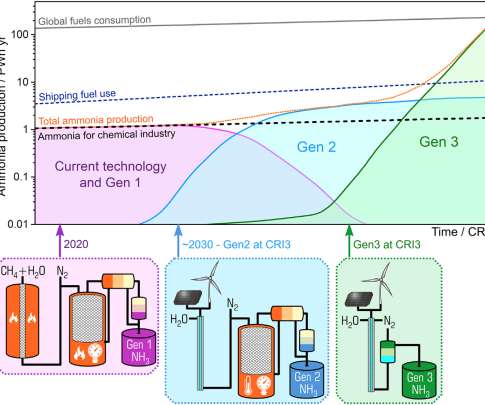

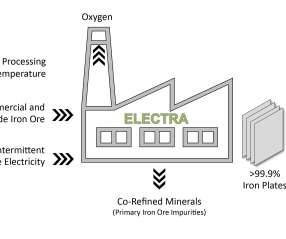

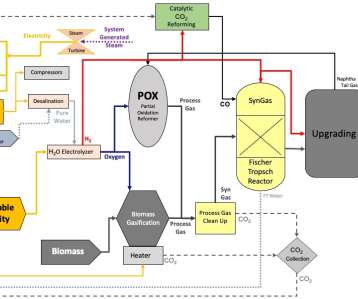
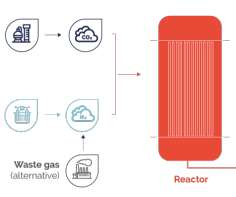




















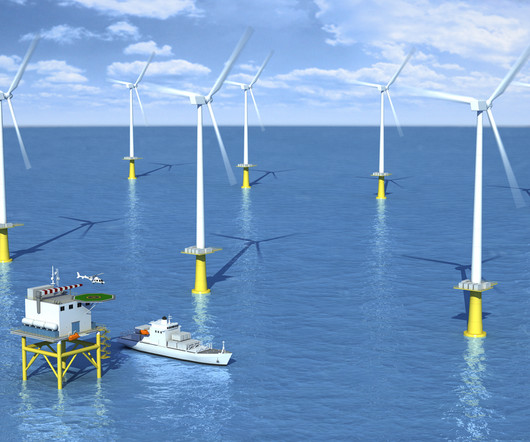















Let's personalize your content